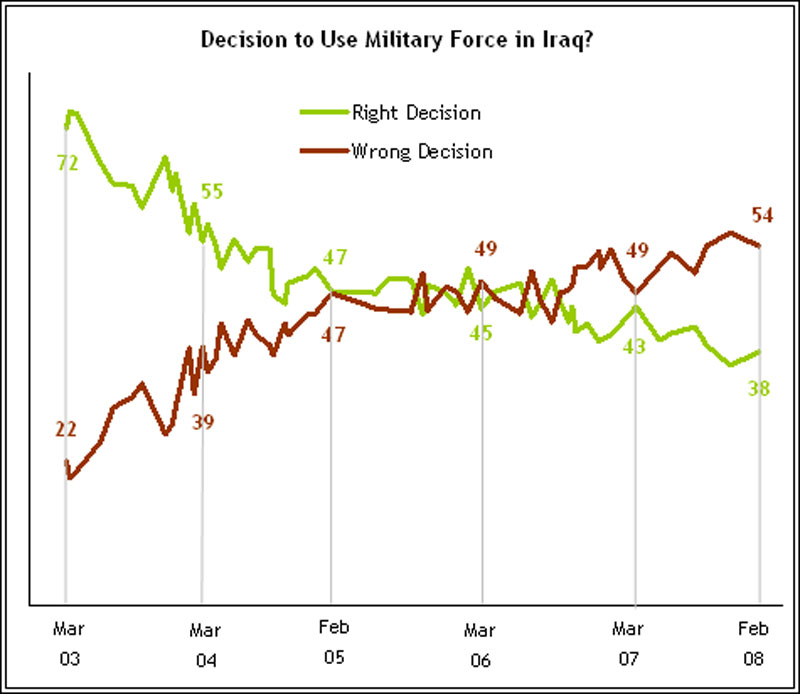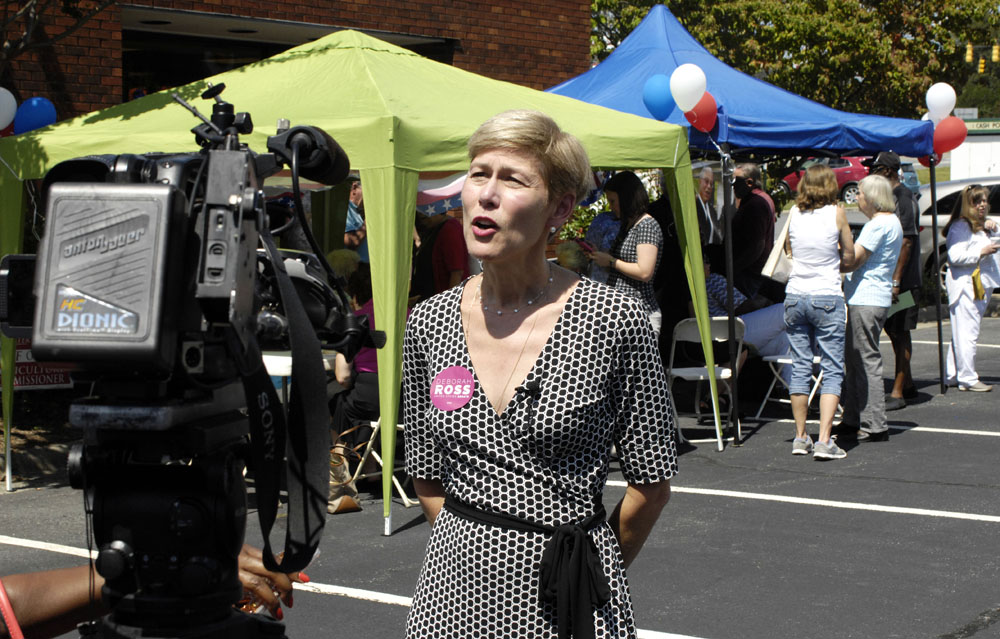
While forty-some percent of the American population — right-wingers, all — are now completely detached from reality and are having a dangerous and terrifying psychotic episode right out in public, those of us with a grip on reality are doing what we always do: We are trying to understand what the devil is going on.
The media — at least the responsible media, the media tethered to, you know, facts and reality — turn out articles on a daily basis, each article a possible piece of the puzzle. As we put the pieces of the puzzle together and try to understand the picture that is emerging, some things are becoming clearer. For one, though it appears that Donald Trump will go down in flames on or before election day and that Hillary Clinton will be the next president of the United States, it also appears clear that we’re going to have to deal with the flaming shrapnel of the disintegrated Republican Party and other delusional right-wing radicals for years to come. The term for the crazies that seems to be emerging is “the alt-right.” Who are they, and how are we going to deal with them?
Here are links to a few recent articles:
At Vox.com, Dylan Matthews traces the roots and branches of the alt-right. The rank and file of the know-nothings, of course, have no intellect and are capable of little more than picking up talking points from Fox News, Rush Limbaugh, or web sites such as the Drudge Report or Breitbart. But the intellectuals of the alt-right are much more scary. As Matthews points out, they are overtly anti-democracy. They’re authoritarians, and they dream of an authoritarian, corporatized government with a billionaire such as Elon Musk as king. The article is The alt-right is more than warmed-over white supremacy. It’s that, but way way weirder.
The Washington Post, as usual years behind the curve, has an article today on the prepper movement and the preppers who are moving to the “American redoubt” in the Pacific Northwest. This is old news. The preppers, and Survival.com, go back for years. Still, it’s an important piece of the puzzle, and you’ll find right-wing preppers pretty much everywhere. The article is A Fortress Against Fear: In the Rural Pacific Northwest, Prepping for the Day It Hits the Fan.
At Salon, Andrew O’Hehir sees the televised self-destruction of Karl Rove on election night in 2012 as the moment the last hinge broke (O’Hehir’s hinge metaphor, not mine) on the right wing’s grip on reality, unleashing the barbarians who now support Donald Trump (and who work in his campaign). O’Hehir writes, “Karl Rove kicked open a conceptual window with his micro-rebellion of 2012, a window that had been hanging from one rusty hinge. It took others, more courageous than he, to burst through it into the brave new world of post-reality Trumpian politics on the other side.” The article is: The Year of Dark Magical Thinking: How Karl Rove’s 2012 Fox News humiliation unleashed Trump, Breitbart and the demons of the alt-right.
A big part of what drove the anger of right-wingers during the past eight years, because they are pretty much all racists, was the fact that we had a black President. But for 25 years, they have demonized Hillary Clinton, so it’s clear that right-wing anger is not going to subside just because Hillary Clinton is white. One of the few questions remaining, as far as I can tell, about what right-wingers will do during the next few years is who will win the battle for control of the Republican Party. Will it be establishment Republicans or scorched-earth radicals? If I had to bet, I’d bet on the scorched-earth radicals.
Looking ahead, then, I increasingly believe that Hillary Clinton is uniquely qualified to deal with what is to come. She knows the enemy better than anyone. For 25 years, they have tried to defeat her, and they have failed. President Obama deceived himself into thinking that he could find common ground with scorched earthers, and Obama betrayed many people in his own party to suck up to Republicans. Instead, the scorched earthers ate him alive. Though Hillary Clinton no longer talks about “the vast right-wing conspiracy,” she’s had its number since the day she and Bill first arrived at the White House. The vast right-wing conspiracy has demonized her and tried to get something on her ever since Bill Clinton was elected president in 1992. She has survived them and outsmarted them. The industry that demonized her could never get anything significant to stick to her, but they did damage her favorability ratings. Supporters of Bernie Sanders bought into all that, to their eternal shame. Already, establishment voices are calling on Hillary Clinton to suck up to Republicans and move to the right. But Clinton already is a centrist. I only hope that she is not stupid enough to betray ten hard-working liberal supporters for every fickle right-winger she’d gain. Instead, Hillary Clinton should not flinch in driving a stake through the heart of the Republican Party, the party that deserves oblivion for having brought this country to the state it is in. Unless or until the radical, anti-government right wing comes to its senses, the Republican Party is its only political vehicle for gaining power the old-fashioned democratic way, through elections. As it is, the Republican Party is dangerous, and rather than coddling it, we must assist its suicide.
Though it will be a great pleasure to see Donald Trump permanently politically destroyed on Nov. 8, and though it will be an even greater pleasure to see the Republican Party hack itself to pieces with an ax of its own making, we will not be out of danger. Forty percent of the population will still be angry, psychotic, and unhinged from reality. They have their own media, and that media will continue to feed them anger, delusion, and a never-ending stream of conspiracy theories. New demagogues will soon be stabbing each other in the back to take Donald Trump’s place.
It’s going to be a rough ride. I just hope that Hillary Clinton understands the bigger, truly perilous trends that lie beneath all this. The first is economic injustice. The second is how those who are newly on the losing end of economic injustice — white people — have resorted to destructive rage (including terrorism) and the comfort of lies and deception. They need dark-skin scapegoats for who is eating their lunch, because they can’t be allowed to know that it’s billionaires and the 1 percent who are eating their lunch. Newly lunchless, they are insatiable consumers of propaganda. They are driven by emotion and screwball religion. They’ve created their own alternate reality. Breitbart.com has seen a huge increase in traffic since Stephen Bannon went to work with Trump. The Drudge Report will continue to be the Amazon of retailing right-wing slime. Will we see changes at Fox News now that Roger Ailes is out, perhaps an alliance with the establishment fragment of the Republican Party? But there’s no money to be made in talking about reality with right-wingers, because there’s no demand for reality. There are rumors that Trump and Ailes, after the election, will start a new media business to compete with Fox News. The only business model that could work in a competitive right-wing market would be coming up with the most appealing lies and the most obnoxious shouting heads. Heaven help us.
It’s almost enough to make you want to go hide in the woods somewhere.
Update, August 31, 2016: The Guardian has a nice piece on the possibility of a Trump TV: “Fox was this amazing unifier of all the strands of conservatism together … [Now] it’s kind of a Lord of the Flies situation where everyone’s trying to kill each other.”


















